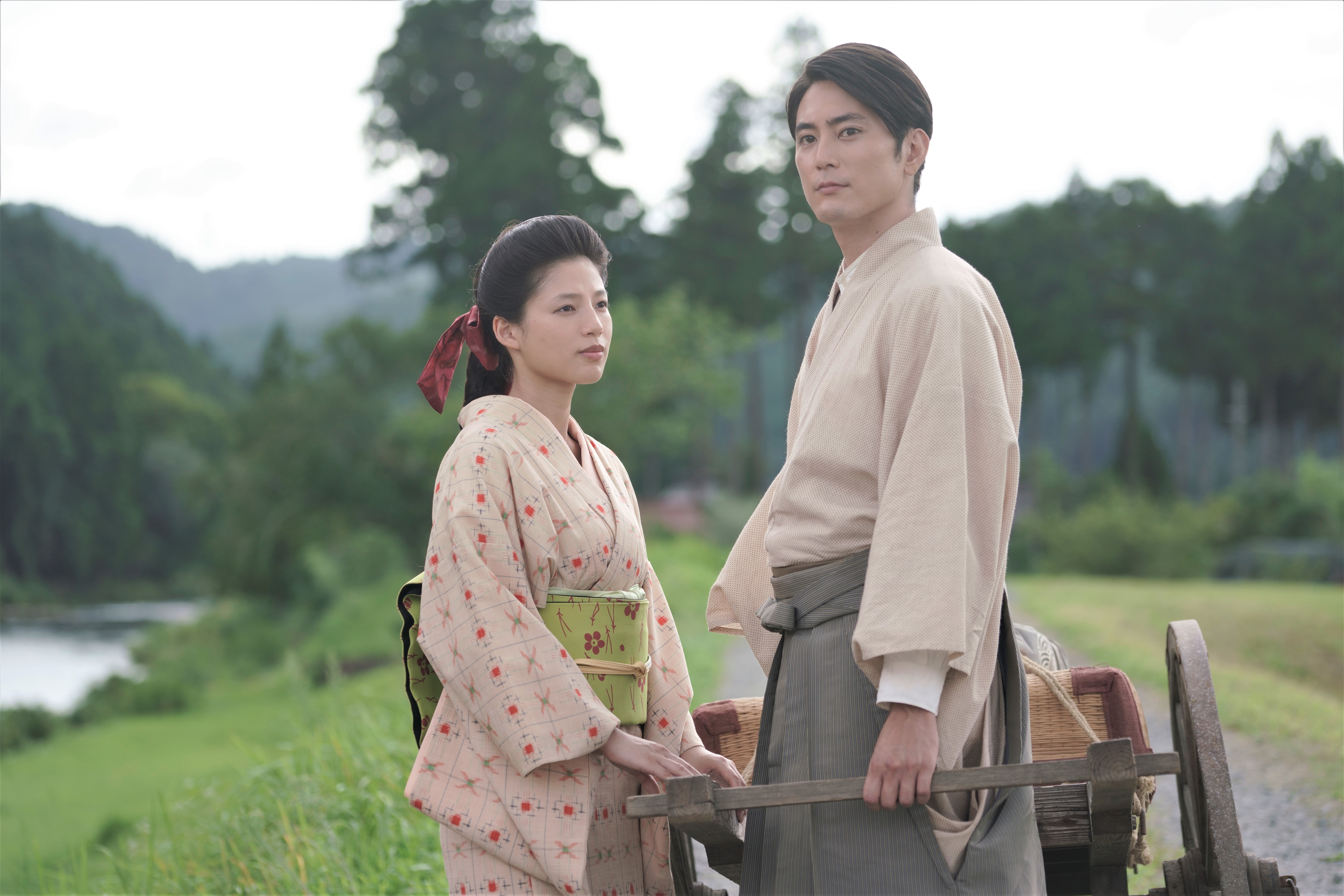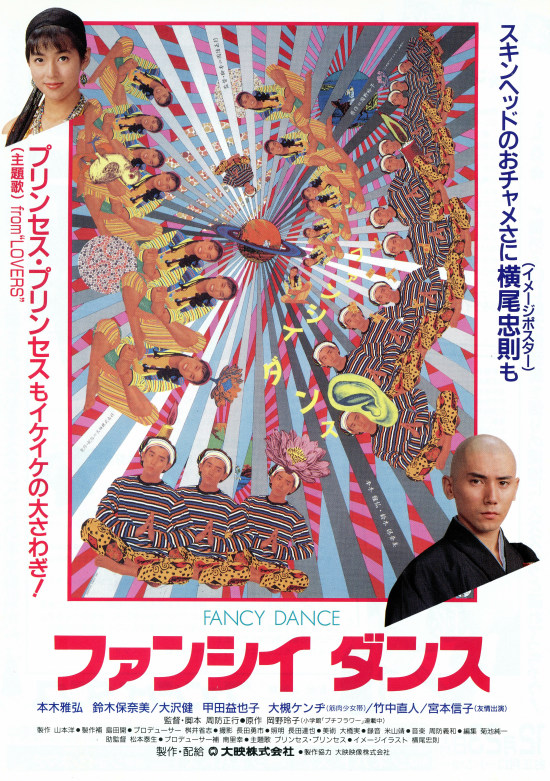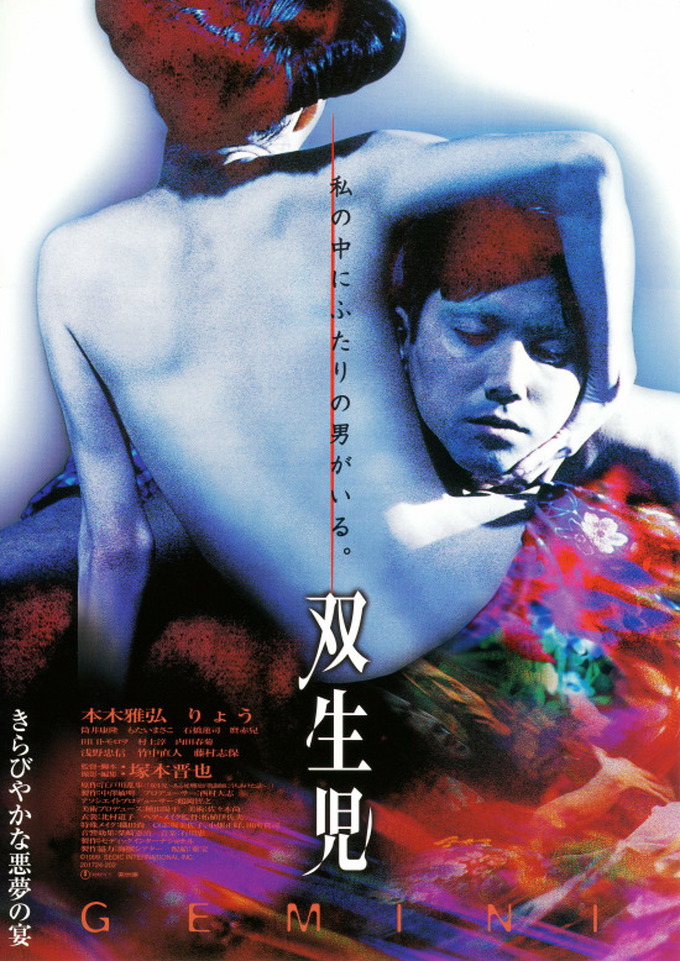
Toson Shimazaki’s 1906 novel The Broken Commandment (破戒, Hakai) has been adapted for the screen several times, each version taking a slightly different approach to the source material. A new constitution film, Keisuke Kinoshita’s Apostasy (1948) focuses more keenly in the necessity of abandoning latent feudalism to create a truly free society of social equality, while Kon Ichikawa’s The Outcast (1962) essentially tells a coming out story in which the hero finds a kind of liberation in the embrace of his identity and resolves to fight for the rights of others forced to live in shame by an oppressive social order.
One could say that each adaptation in its way reflects the time in which it was made. Kazuo Maeda’s The Broken Commandment focuses more on the threat of rising militarism and an increasingly authoritarian social order than the hero’s internalised conflict between the necessity of keeping the promise he made to his father never to reveal his roots as a member of the burakumin class and the knowledge that not to do so is to remain complicit in the oppression of others like him.
Set during the Russo-Japanese War of the early 1900s, the film opens with a scene in which the hero, Ushimatsu (Shotaro Mamiya), is woken by a commotion in the inn at which he is staying. Another of the guests in town to receive medical treatment has been outed as a burakumin, a member of a near untouchable class. The woman running the inn apologises profusely and explains that all the tatami mats throughout the building now need to be replaced while following the elderly gentleman ejected from the building out onto the street throwing salt on the ground to purify it from his presence. Ushimatsu’s problem is that he is himself a burakumin who has kept his heritage secret and is living an ordinary life as a teacher in a small rural town. The school which he works for is extremely conservative and aligned with the proto-militarist conservative right which is currently in ascendency with the war in full swing. Ushimatsu is already treated with a degree of suspicion not of his class background but his socialist views which advocate for peace, freedom, and equality.
Yet it’s clear that not even he has been fully able to relinquish feudalistic thinking. Though he urges some of his pupils that it is alright to play together despite the class difference which exists between them explaining that the class system ended with the Meiji Restoration, he feels beginning a relationship with the adopted daughter of a temple where he is currently living, Shiho (Anna Ishii), would be inappropriate not just because he is a burakumin and it would be unfair to marry without telling her which he cannot do because of the commandment from his father, but because she is descended from a former samurai family. As we can see social class is largely distinct from wealth, a corrupt local politician marrying the daughter of a burakumin who has become wealthy but keeping her origins secret while the old man ejected from the inn was also someone of means dressing in elegant Western suits in contrast to most in the impoverished village who still wear kimono. Wealth did not free the burakumin from prejudice, while even in poverty Shiho and her father Kazama (Kazuya Takahashi), who is about to fired by the school so they won’t have to pay his pension, are still thought of as members of the nobility. The old ideas don’t disappear so easily even among those who know them to be mistaken.
Yet as Ushimatsu’s mentor Inoko (Hidekazu Mashima) says, even if the burakumin were to be accepted by society prejudice itself would not die merely migrate to another minority. In Inoko, a socialist writer who proudly comes out and says he is a burakumin, or “eta” meaning pariah in the language of the time, Ushimatsu discovers a second father who grants him the courage to free himself from his feudal vision of filiality and break his father’s commandment to better help those like him and resist the mounting authoritarianism of the education system in which boys in particular are being brainwashed that they are little more than tools for imperialist expansion. In his impassioned speech to the students, Ushimatsu tells them that he wants them to grow up to be people who can think for themselves rather than blindly accept their programming, the kids seemingly getting the message in defying slimy militarist plant Katsuno to see Ushimatsu on his way when he decides he must leave the village to foster freedom elsewhere.
Unlike previous adaptations, the film does not much go into how he plans to do that save his intention to find a position as a school teacher in the city and educate the young away from prejudice. Breaking his father’s commandment is in its own way a way of breaking with the past, refusing to be complicit with an oppressive social order still bound up with feudalistic notions of class hierarchy which all point towards the emperor and reinforce the increasing authoritarianism of the militarists. Speaking to the rising nationalism of the contemporary society, Maeda’s adaptation positions education as the best weapon against an oppressive social order but also insists that its hero must first free himself from his own internalised shame and outdated ways of thinking.
Broken Commandment screens at Asia Society 28th July as part of this year’s New York Asian Film Festival.
Original trailer (no subtitles)
© 2022 BROKEN COMMANDMENT Film Partners


















